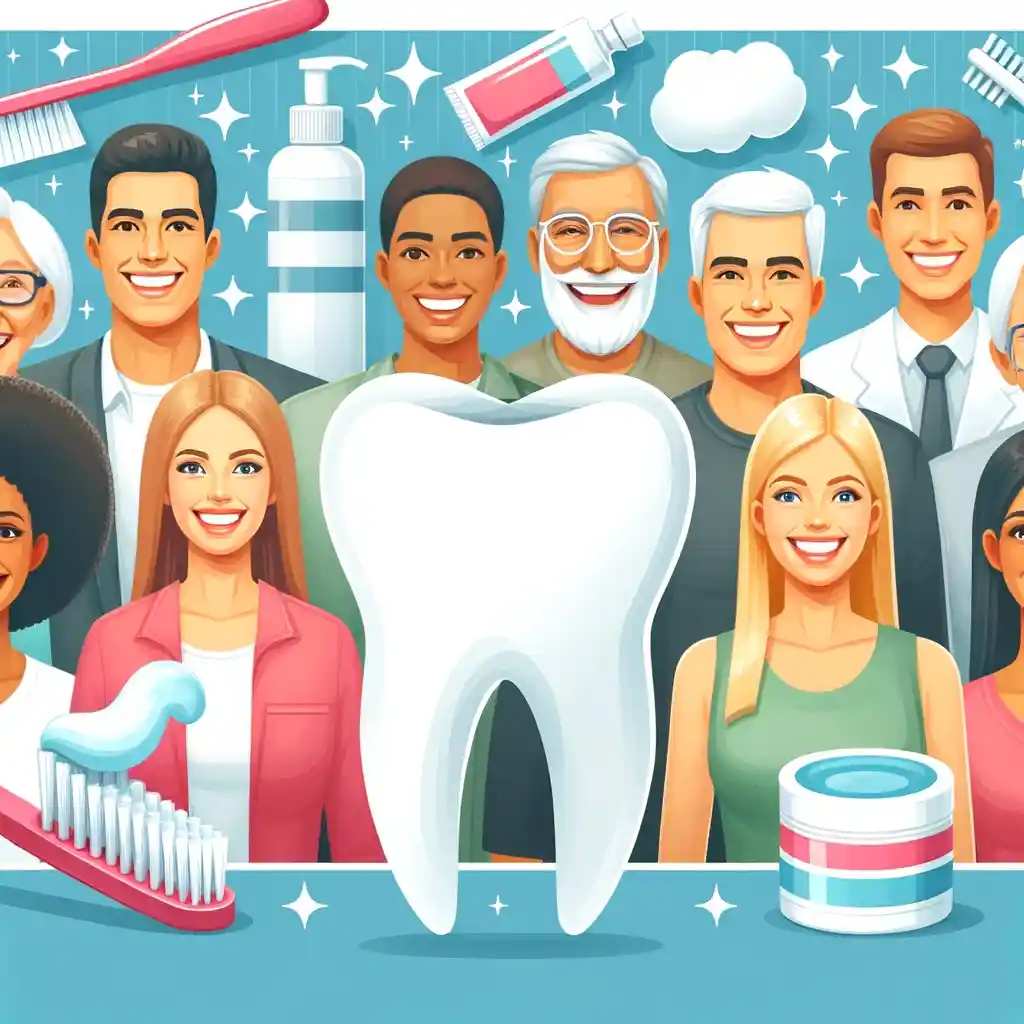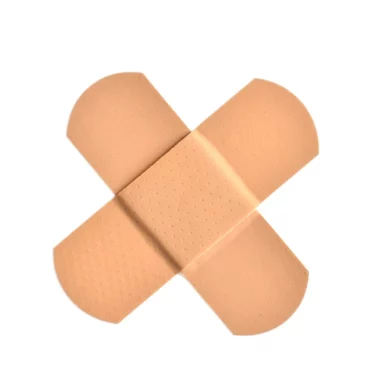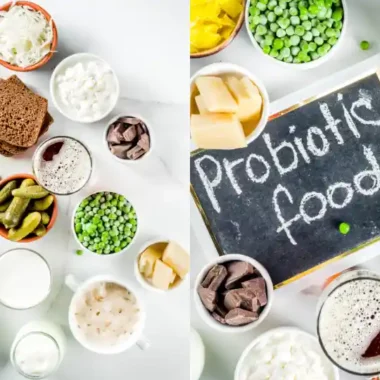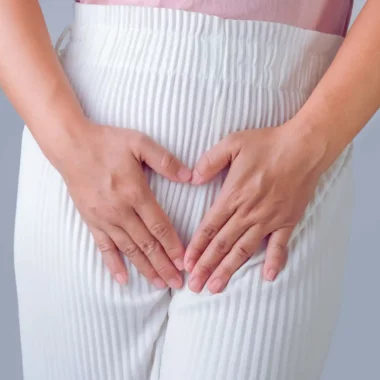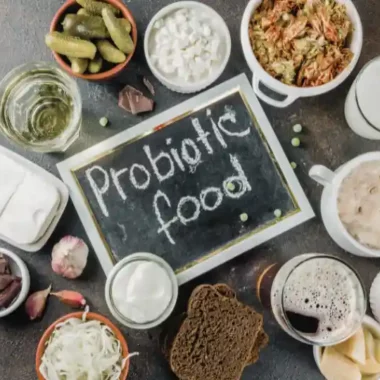Introduction
Maintaining healthy teeth is a lifelong commitment, crucial for both aesthetic appeal and overall well-being. It’s not just about choosing the right oral care products, but also about ingraining healthy daily habits. Here’s a detailed guide on how to keep your teeth in top condition.
List of 11 Vital Steps for Maintaining Excellent Dental Health
Nighttime Brushing Is Crucial
Brushing twice a day is standard advice, yet many overlook the importance of nighttime brushing. Doing so removes daily plaque and germs.
The Art of Brushing
Brushing effectively is crucial. Use gentle, circular motions to remove plaque. Neglecting proper brushing can lead to hardened plaque, resulting in calculus buildup and the onset of gingivitis.
Don’t Forget Your Tongue
Your tongue also harbors plaque, contributing to bad breath and impacting overall oral health. Brush your tongue as part of your routine.
The Power of Fluoride Toothpaste
Choosing a toothpaste isn’t just about flavors or whitening power. Fluoride is a critical ingredient as it battles germs, prevents decay, and provides a protective barrier.
Flossing is Equally Important
Flossing does more than remove food particles. It stimulates the gums, reduces plaque, and lowers inflammation.
Overcome Flossing Challenges
If flossing is difficult, use ready-to-use dental flossers or other tools designed for easier use.
Mouthwash Benefits
Mouthwash can be a helpful addition, especially for those who struggle with brushing and flossing effectively. It decreases mouth acidity, cleans hard-to-reach areas, and re-mineralizes teeth.
Hydrate with Water
Water is the best drink for overall health, including oral health. Drinking water after meals can help wash away acids and sugars.
Crunchy Fruits and Vegetables
Eating crunchy, fresh produce is healthy for both your body and teeth. It contains more healthy fibers and promotes jaw strength.
Limit Sugary and Acidic Foods
Sugary and acidic foods and beverages can erode tooth enamel. Be mindful of acidic and sugary foods.
Regular Dental Visits
Even with diligent care, visiting the dentist twice a year is essential for cleanings, checkups, and addressing any dental issues.
Conclusion
Maintaining dental health requires a mix of good habits, proper tools, and professional care. Start incorporating these tips into your routine for a healthier smile.
Frequently Asked Questions (FAQs):
Why is brushing before bed important?
Brushing at night removes germs and plaque accumulated during the day, reducing the risk of cavities and gum disease.
What is the proper way to brush teeth?
Use gentle, circular motions to remove plaque effectively. This prevents calculus buildup and gum disease.
Is tongue cleaning necessary?
Yes, cleaning the tongue prevents bad breath and removes plaque, contributing to overall oral health.
Why is fluoride toothpaste recommended?
Fluoride fights germs, prevents decay, and provides a protective barrier for teeth.
How important is flossing?
Flossing is crucial as it removes food particles and plaque from areas a toothbrush can’t reach.
What can I do if I find flossing difficult?
Consider using ready-to-use dental flossers or other aids designed for easier flossing.
What are the benefits of mouthwash?
Mouthwash reduces mouth acidity, cleans hard-to-reach areas, and helps re-mineralize teeth.
How does drinking water help oral health?
Water helps wash away food particles and acids, reducing the risk of tooth decay.
Why are crunchy fruits and vegetables good for teeth?
They help clean teeth and are high in fiber, promoting jaw strength and oral health.
How often should I visit the dentist?
Visit the dentist at least twice a year for cleanings, checkups, and to address any dental issues.

